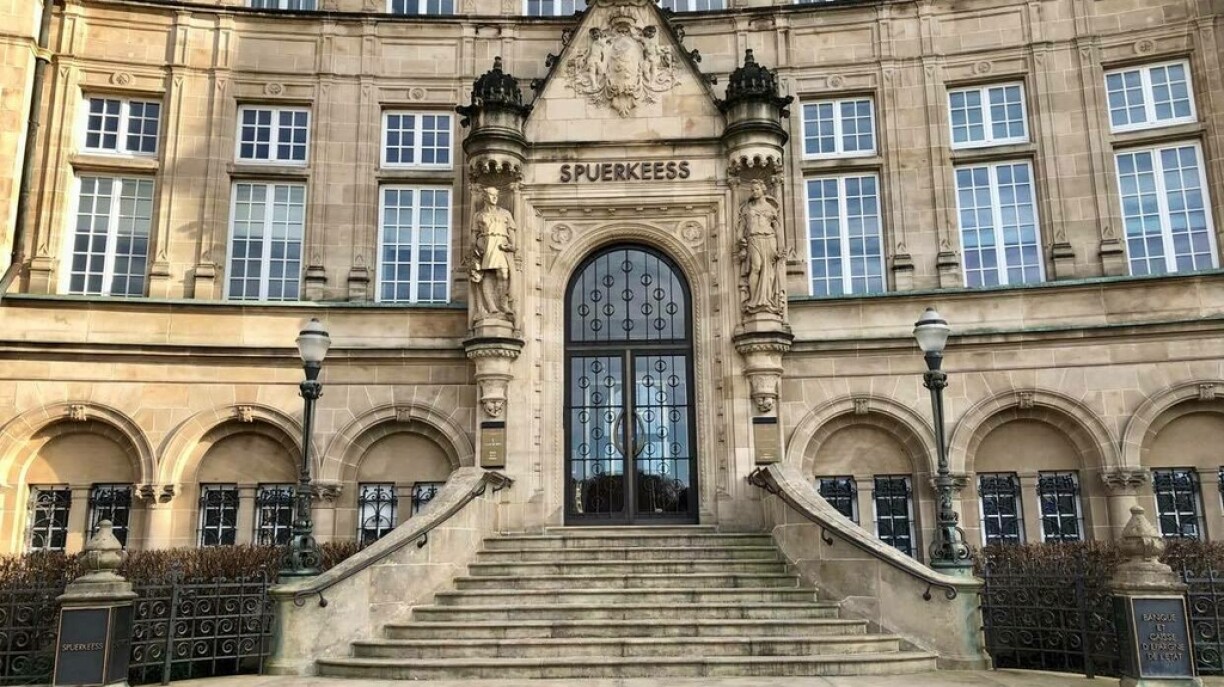
Another twist in the long-running Caritas fraud scandal. The controversy centres on the fact that BCEE (Spuerkeess) leadership failed to disclose that Luxembourg’s financial regulator, the Financial Sector Supervisory Commission (CSSF), had imposed a fine of nearly €5 million for shortcomings in the bank’s anti-money laundering and counter-terrorist financing procedures. The BCEE had already been informed of the penalty three days before appearing before the commission, but made no mention of it.
MP Franz Fayot of the Luxembourg Socialist Workers’ Party (LSAP) recalled that when the bank’s representatives came before the commission, they essentially conveyed the message that all procedures had been followed, that nothing had gone wrong, and that the bank had no responsibility in the matter.
For MP Marc Baum of The Left (déi Lénk), this is unacceptable. He accused the bank’s management of misleading Parliament by not revealing the full truth, going as far as to claim the exact opposite of what the CSSF had concluded. In his words, such behaviour was “untenable”.
Regarding BCEE’s defence – that the CSSF had never linked the Caritas fraud directly to the bank’s system failures – Baum argued that determining the cause of the fraud wasn’t within the CSSF’s mandate in the first place. What matters, he insisted, is that significant regulatory rules were not respected by the bank.
The criticism didn’t stop at the BCEE. Questions were also raised about PM Luc Frieden, who was sent detailed parliamentary questions by The Left and the LSAP. Although the CSSF had already notified the BCEE of the penalty, Frieden reportedly made no mention of it during the commission hearing. Baum asked whether the Prime Minister knew about the fine, and if so, why he chose not to inform Parliament, even in a confidential setting.
Fayot stressed the issue of political accountability, given that the BCEE is state-owned and a government representative sits on its board. The LSAP now wants clarity on when the government became aware of the CSSF’s findings and what role the bank may have played in enabling the Caritas fraud.
He also pointed out that at no stage had the possibility of shared responsibility by the banks been raised during the investigation. This is troubling, he said, because had the necessary controls been in place, it’s reasonable to assume some kind of red flag might have been triggered, potentially preventing millions from disappearing.
Furthermore, better awareness of the bank’s weaknesses might have influenced how the crisis was handled from the outset, Fayot said. He noted that it might have made it possible to explore a resolution with the two banks involved, offering Caritas a chance at survival.
The fact that the BCEE is now reportedly open to an out-of-court settlement with Caritas, Fayot added, could be interpreted as the beginning of an admission of fault.
As of now, the BCEE has declined RTL’s request for an interview.